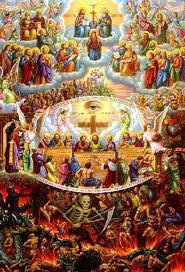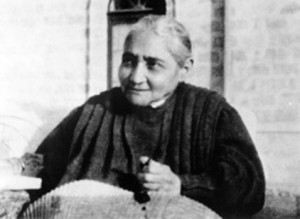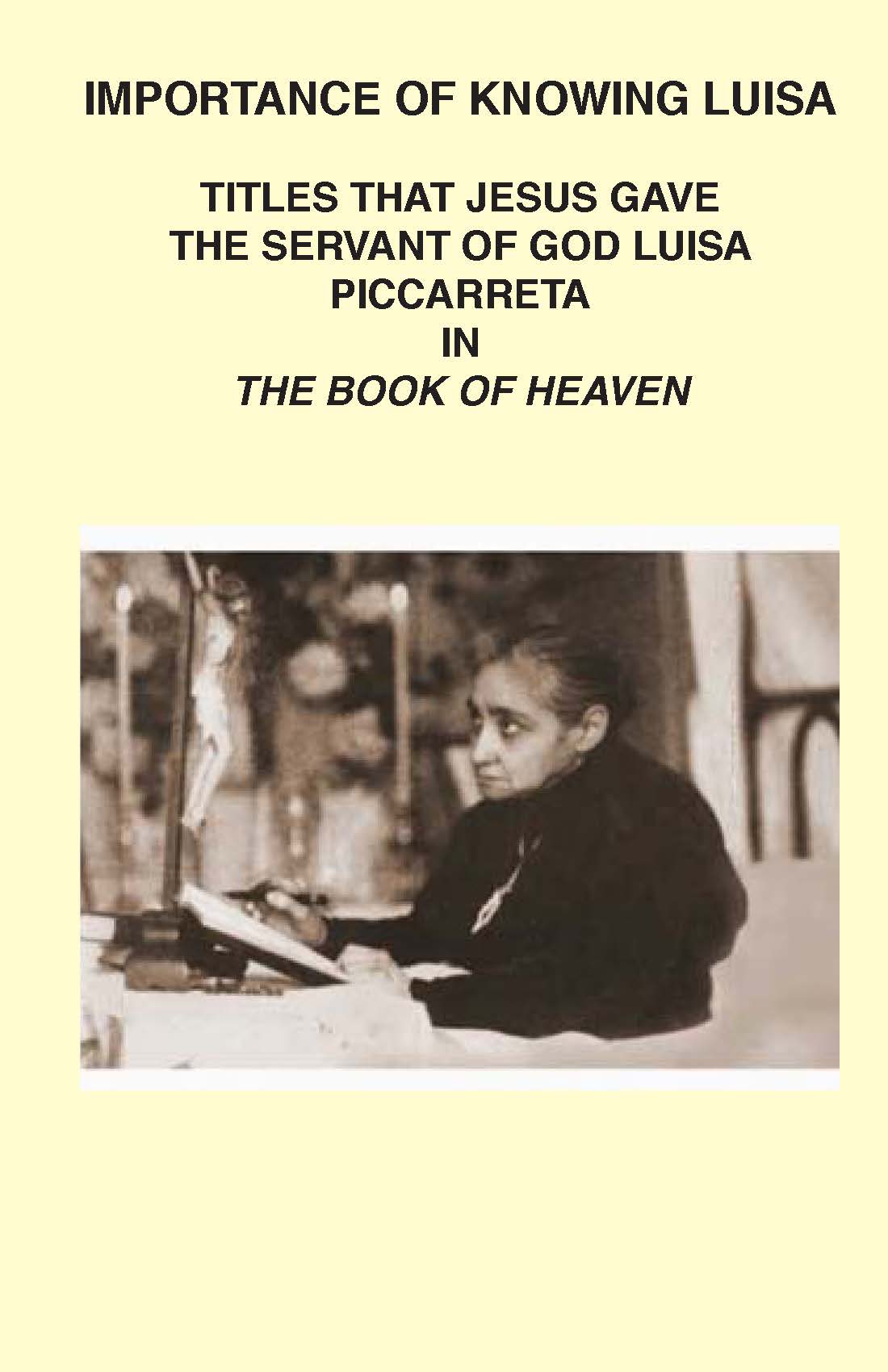FEAST DAY OF ALL SOULS
NOVEMBER 2
All Souls — The need and duty of prayer for the departed souls has been acknowledged by the Church at all times. It is recommended in the Scriptures of the Old Testament (2 Macch. 12, 46), and found expression not only in public and private prayers but especially in the offering of the Holy Sacrifice for the repose of souls. The customary dates for public services of this kind were, and still are, the day of death and burial, the seventh and thirtieth day after death (Month”s Mind Mass), and the anniversary. Except for the funeral Mass, the actual observance of these dates is not made obligatory by the Church but left to the piety of relatives and friends of the deceased.
The memorial feast of all departed ones in a common celebration was inaugurated by Abbot Saint Odilo of Cluny (1048). He issued a decree that all monasteries of the congregation of Cluny were annually to keep November 2 as a “day of all the departed ones” (Omnium Defunctorum). On November 1, after vespers, the bell should be tolled and afterward the Office of the Dead be recited; on the next day all priests had to say Mass for the repose of the souls in purgatory.62
This observance of the Benedictines of Cluny was soon adopted by other Benedictines, and by the Carthusians. Pope Sylvester II (1003) approved and recommended it. It was some time, though, before the secular clergy introduced it in the various dioceses. From the eleventh to the fourteenth centuries it gradually spread in France, Germany, England, and Spain, until finally, in the fourteenth century, Rome placed the day of the commemoration of all the faithful departed in the official books of the Western Church for November 2 (or November 3 if the second falls on a Sunday).
November 2 was chosen in order that the memory of all the “holy spirits” both of the saints in Heaven and of the souls in purgatory should be celebrated on two successive days, and in this way to express the Christian belief in the “Communion of Saints.” Since the Feast of All Saints had already been celebrated on November 1 for centuries, the memory of the departed souls in purgatory was placed on the following day.
In the Greek Rite the commemoration of all the faithful departed is held on the Saturday before Sexagesima Sunday, and is called the “Saturday of the Souls” (Psychosabbaton). The Armenians celebrate it on Easter Monday, with the solemn Office of the Dead. The Mass, however, is that of the Resurrection. An interesting and moving observance is held in the Syrian-Antiochene Rite where they celebrate on three separate days: on Friday before Septuagesima they commemorate all departed priests; on Friday before Sexagesima, all the faithful departed; and on Friday before Quinquagesima, “all those who died in strange places, away from their parents and friends.”
Pope Benedict XV in 1915 allowed all priests to say three Masses on All Souls” Day in order to give increased help to the suffering souls in purgatory. The Church has also granted to all faithful special privileges of gaining indulgences for the holy souls on November 1 and 2. The Office of the Dead is recited by priests and religious communities. In many places the graves in the cemeteries are blessed on the eve or in the morning of All Souls” Day, and a solemn service is usually held in parish churches.
The liturgical color at all services on November 2 is black. The Masses are part of the group called “Requiem” Masses because they start with the words Requiem aeternam dona eis (Eternal rest grant unto them).
The sequence sung at the solemn Mass on All Souls” Day (and on other occasions) is the famous poem Dies Irae (Day of Wrath) written by a thirteenth-century Franciscan. It has been often ascribed to Thomas of Celano (1260), the friend and biographer of Saint Francis of Assisi, though the authorship is not certain.
CHAPTER FROM THE BOOK OF HEAVEN
LUISA AND SOULS
Volume 30 – December 25, 1931 – “My daughter (Luisa), come into this Light—I (Jesus) want you (Luisa) here. The virtue of My Light, Its Motion as Fount of Life, does nothing other than unleash souls—that is, Life of creatures—from within Its Womb of Light. Its Power is so Great that, as it moves, it emits souls; and I want My beloved (Luisa) together with Me, in the Womb of My Light—that is, of My Divine Will. As souls are formed and emitted outside, I do not want to be alone, but I (Jesus) want your company (Luisa), that you may recognize the Great Portent of the Creation of souls—Our Excessive Love. And since I want you in My Divine Will, I (Jesus) want to deposit them in you (Luisa), entrust them (souls) to you (Luisa), not leaving them alone while they journey as pilgrims through the earth, but having someone together with Me who would protect them and defend them for Me.
“O! how sweet is the company of one (Luisa) who takes care of the Lives that come out of Me. This is so pleasing to Me, that I (Jesus) make one (Luisa) who Lives in My Divine Will the Depository of the Creation of souls, the Channel by which I let them come out to the Light, and the Channel to let them reenter into the Celestial Fatherland. Everything do I (Jesus) want to give to one (Luisa) who wants to Live in My Fiat. Their company is necessary to My Love, to My Outpourings, and to My Works, for they want to be recognized. To act and not to be recognized—they are like works that cannot Boast Triumph, nor Sing Victory and Glory. Therefore, do not deny Me your company; you would deny your Jesus an Outpouring of Love, and My Works would lack the Cortege and the appreciation of the creature, and would remain like isolated Works; and My Love, constrained, would turn into Justice.”






















